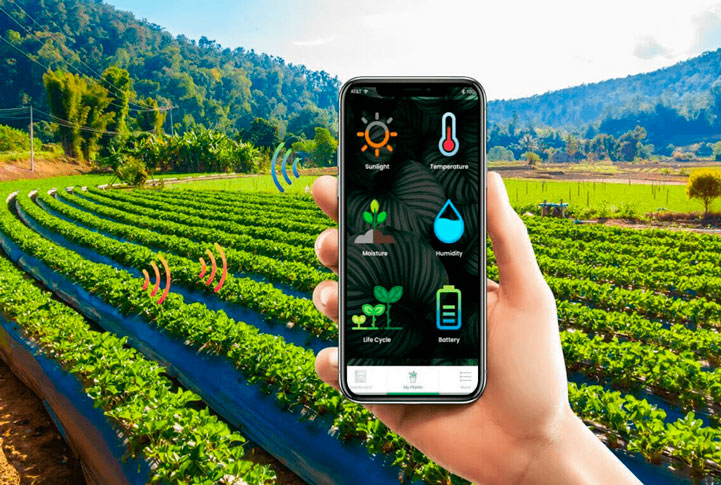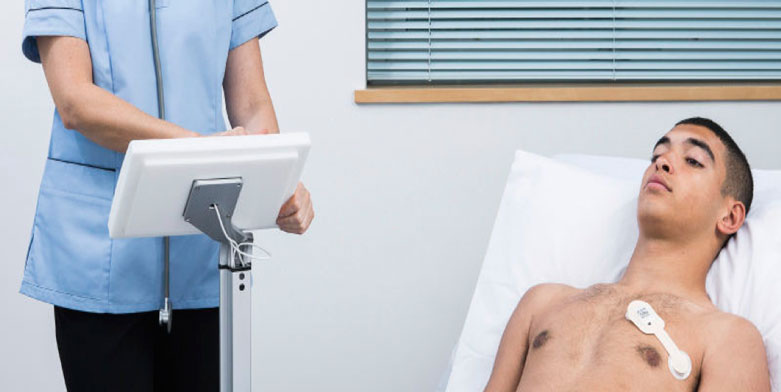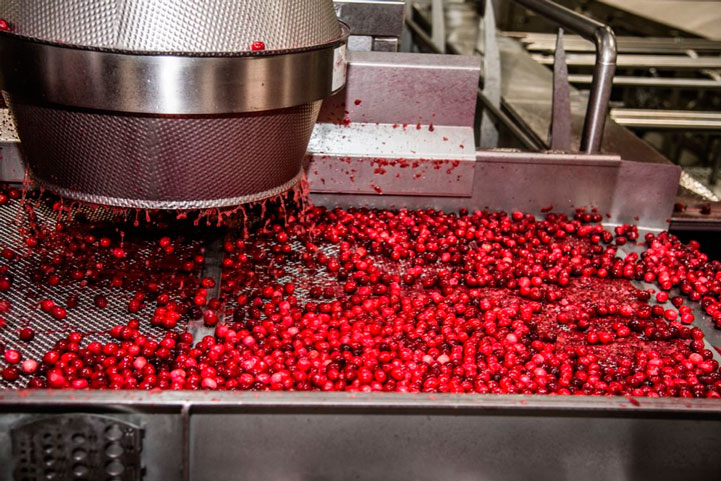Organic farming system
The general objective of this project is to integrate technological innovation to produce a novel and efficient process for the production of organic food and low-input large-scale. Four research topics of immediate importance for countries with potential for organic production and of interest to Mexico have been identified. These central themes are: (1) industry 4.0 platforms that give a competitive advantage to sustainable organic production with organic fertilizers, inspection, and pest control, (2) advanced inspection sensors and industry 4.0 for large-scale sustainable organic production scale, (3) life cycle assessment for a healthy world and, (4) a model of sustainable organic agriculture with real-time data.
Description
The driving force of the project is that large-scale sustainable organic production can be achieved with access to real-time data. The vision is to develop environmentally friendly technology to improve agricultural production processes, including organic product certification, compost production, pest control, inspection, irrigation, and evaluation of different scenarios of organic modules to a large scale based on life cycle evaluation. Due to the recent interest in this plant as a sugarcane substitute sweetener, Stevia rebaudiana will be used as a model for organic agricultural production. The use of this natural sweetener has important implications due to the current diabetes pandemic in industrialized societies. In contrast to cane sugars, Stevia leaf extracts (stevioside and rebaudioside) are up to 150 times sweeter and have an insignificant effect on blood glucose, which makes Stevia attractive to people with carbohydrate-controlled diets. The particular objectives that make up the proposal are: (1) develop a method to facilitate and improve the certification of sustainable organic production, (2) evaluate the use of magnetically treated water (MTW) during irrigation to improve yield and The quality of organic agricultural production (3) investigate and improve the way in which compost can be improved by using real-time technology, (4) study how industry 4.0 technologies can be used for time inspection real and pest control (5) investigate where and how to implement a Large-scale Sustainable Organic Agriculture Model (OSAMLS) (Life Cycle Assessment UK / MX), and (6) create and validate Internet of Things (IoT) platforms and Industry 4.0 in its application to organic agriculture.






